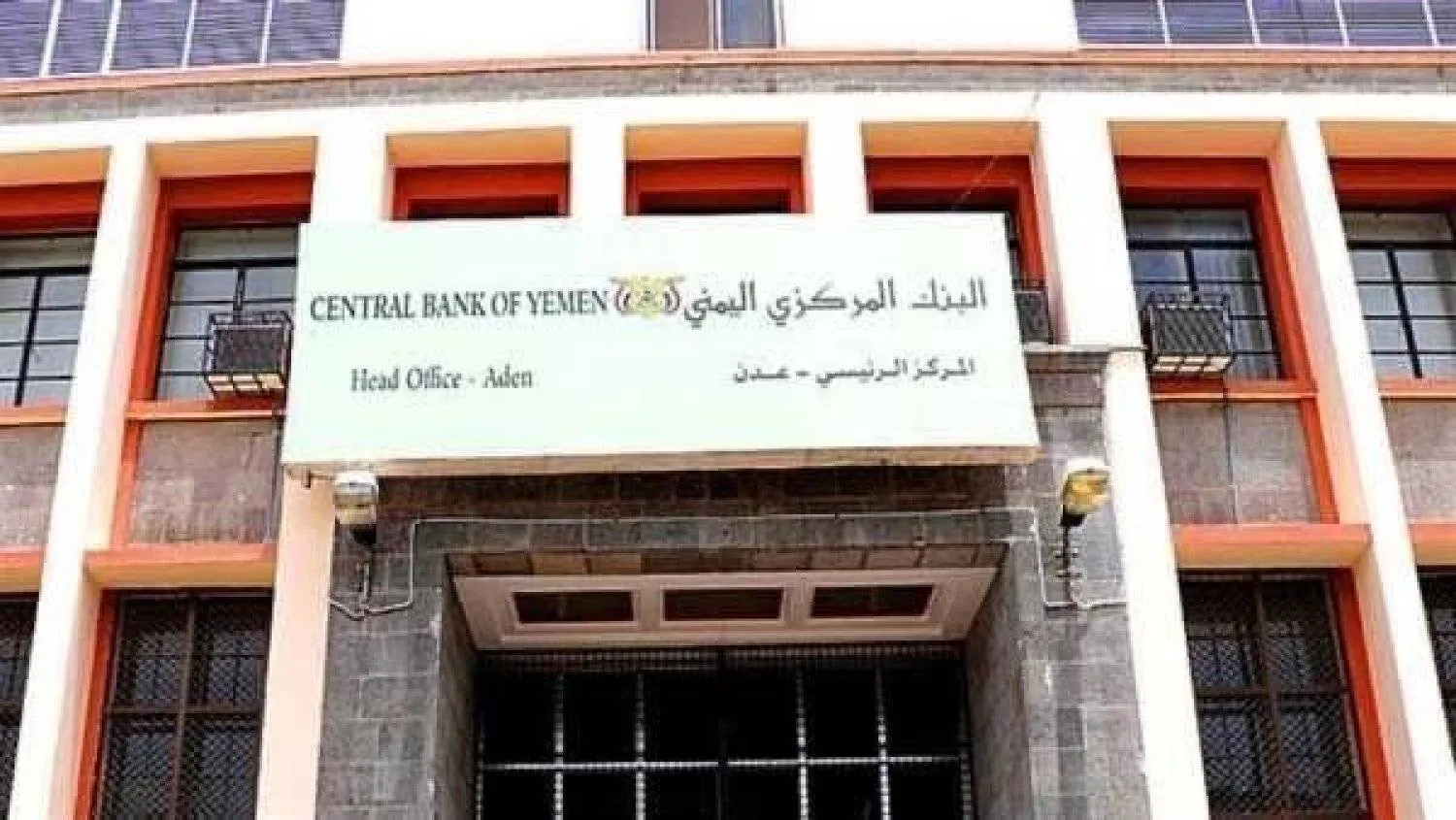Yemen’s Central Bank, based in Aden, the interim capital, has tightened its grip on foreign money transfers, requiring all transactions to go through approved banks and exchange companies.
Banks and exchange companies must operate mainly from Aden and grant local entities permission to handle transactions. Moreover, they must deliver remittances in the received currency without converting unless the client requests otherwise.
This step aims to better regulate financial flows amidst Yemen’s challenging economic situation.
The decision strengthens the Central Bank’s control in Aden by requiring all banks and exchange companies in Houthi-held areas to get approval before conducting transactions.
It also ensures that transfers are made in the original currency, unlike what the Houthis are doing now, withholding transfers in US dollars. This comes just two days before the deadline for banks to move their main offices from Houthi-controlled Sanaa to the interim capital.
According to Yemeni financial expert Wahid Al-Fudai, the Central Bank’s decision aims to regulate international money transfers through remittance companies and tighten control over them.
Al-Fudai sees this decision as part of the bank’s efforts to regulate banks and exchange companies according to local laws, serving the public interest, and keeping up with global trends.
He explained to Asharq Al-Awsat that the Central Bank had previously issued instructions regarding financial networks, emphasizing the need for its oversight over external transfers.
He stressed that only qualified and licensed institutions are allowed to conduct these transfers, meeting all requirements for compliance with international standards, especially in combating money laundering and terrorism financing.
Al-Fudai highlighted the importance of this step, especially with the Iran-backed Houthi militias now labeled as a terrorist organization by the United States and Australia, which could lead to further complications requiring the Central Bank’s attention.









